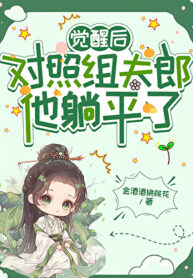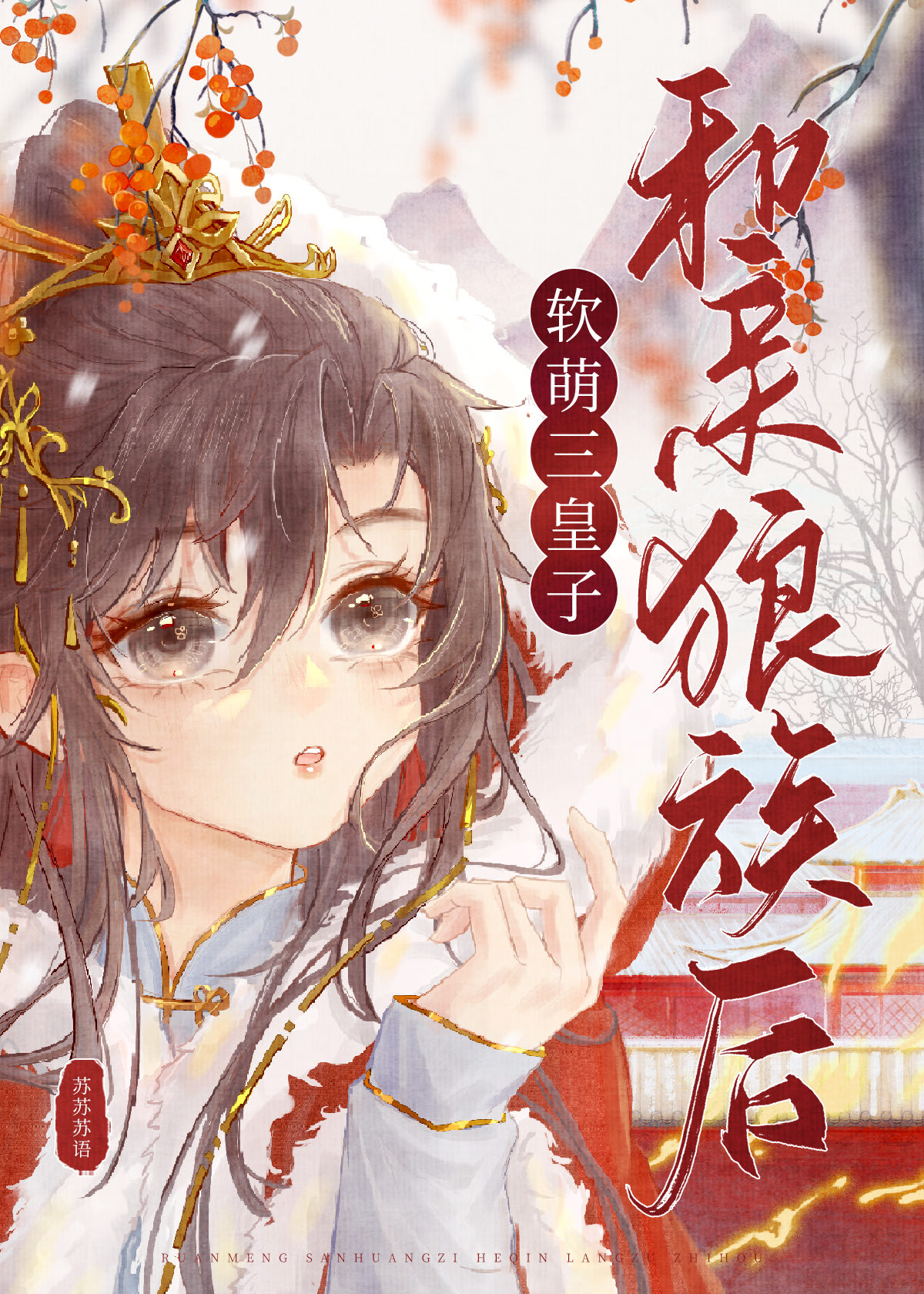Summary
From the moment Xia Qingtáo and the boy from the neighboring family were born, the villagers had been comparing them. Xia Qingtáo had always been competitive since childhood—not only could he cook, prepare dishes, and do embroidery, but he was also literate. All of this was just so he could surpass the boy next door, marry into a good family, and hold his head high.
Who would have thought that right when he was about to be betrothed, he would have a dream? In the dream, he saw that he was merely a supporting male character in a novel, while the boy next door was the protagonist. The boy didn’t need to work hard at all; simply by being a kindhearted, naive beauty, he would catch the eye of the county magistrate’s son and live a smooth, prosperous life. Meanwhile, Xia Qingtáo, after carefully selecting his match, chose what he believed was a promising scholar. Yet when the scholar passed the provincial exams, he wrote a divorce letter to abandon Xia Qingtáo and climb higher socially. Always so proud and unwilling to admit defeat, Xia Qingtáo couldn’t bear the gossip and humiliation of returning to his parents’ home after being cast aside—and hung himself.
Startled awake, Xia Qingtáo came to a realization: Forget it. He was just a supporting character anyway. Without the fate of becoming a titled official’s wife, he might as well choose a good-looking, dependable farmer and live out his days peacefully as a farmer’s husband!
Thus, at first sight, he fell for a handsome hunter—the hunter was tall and strong, fair-skinned and strikingly handsome, skilled at hunting, and most importantly, loved and protected him. The loving days of their married life were far better than any wealth or glory.
But just as Xia Qingtáo and the handsome hunter were joyfully living their thriving life together, a group of imposing guards entered their small mountain village, claiming that the hunter was the long-lost child of the current Eldest Princess.
Xia Qingtáo: Huh?!
Fair-skinned, beautiful, muscular, and taciturn hunter (gong) X Virtuous, clever, and eloquent husband (shou)





